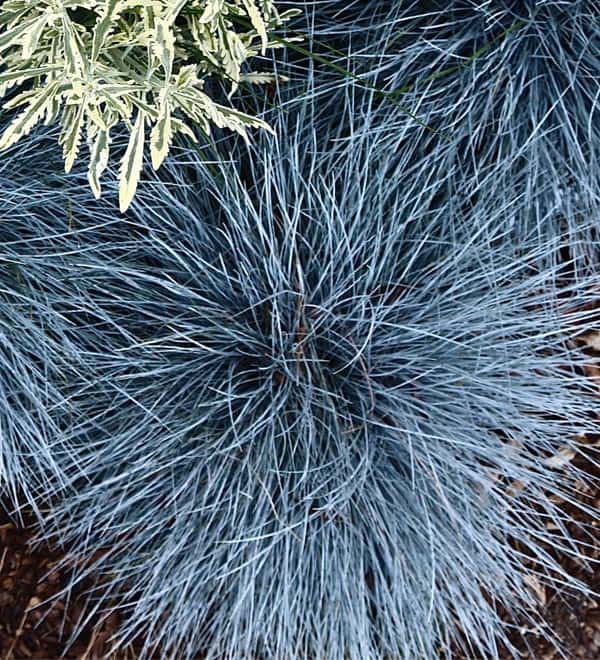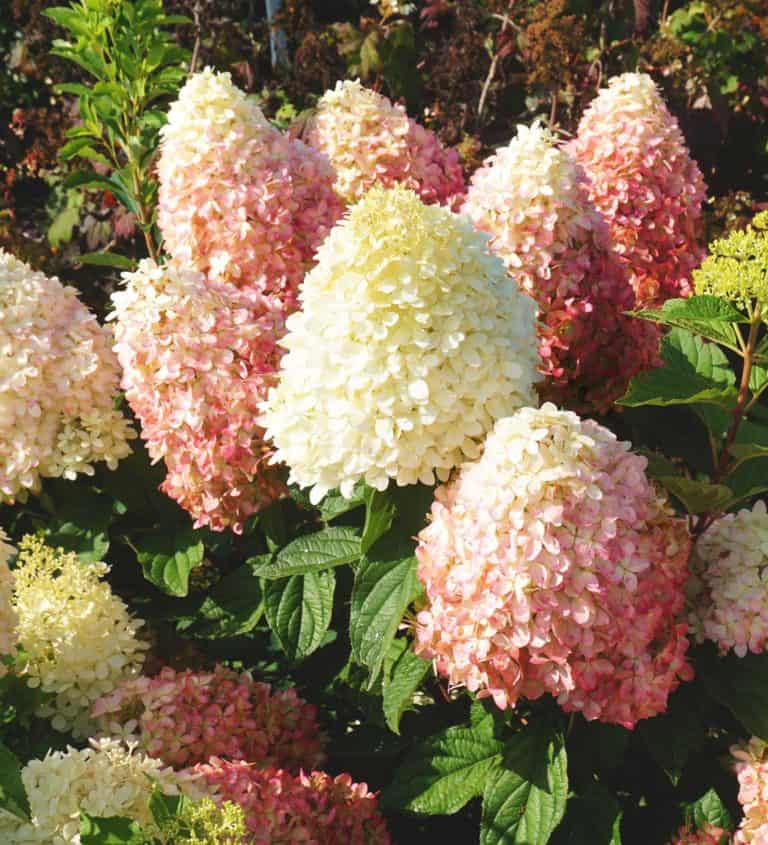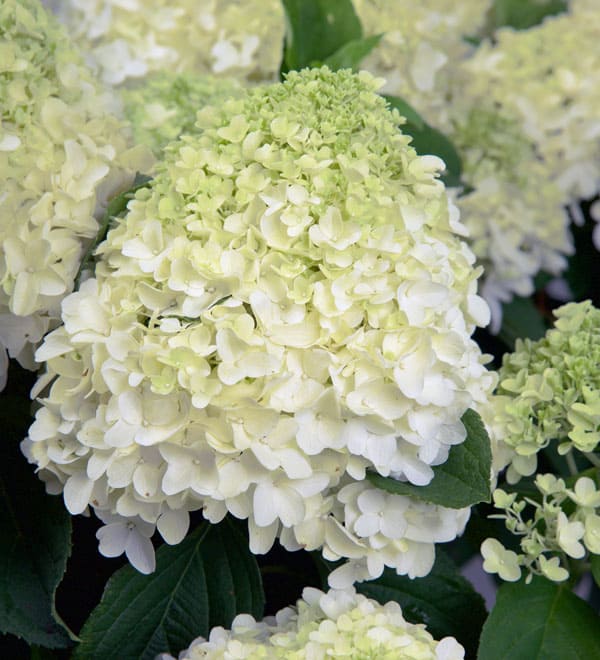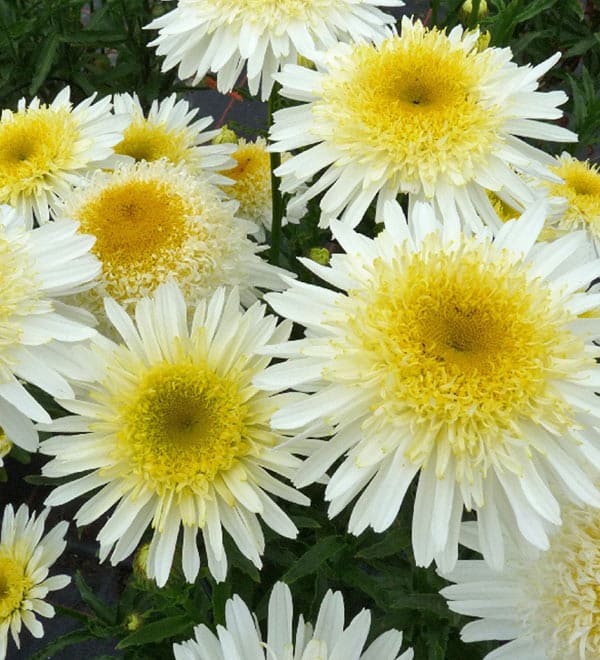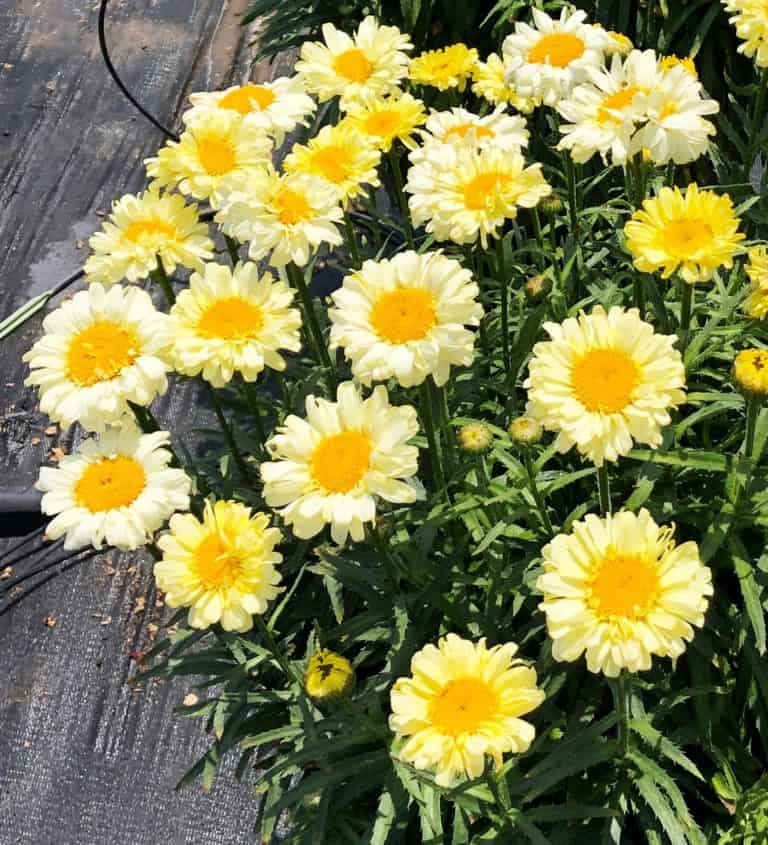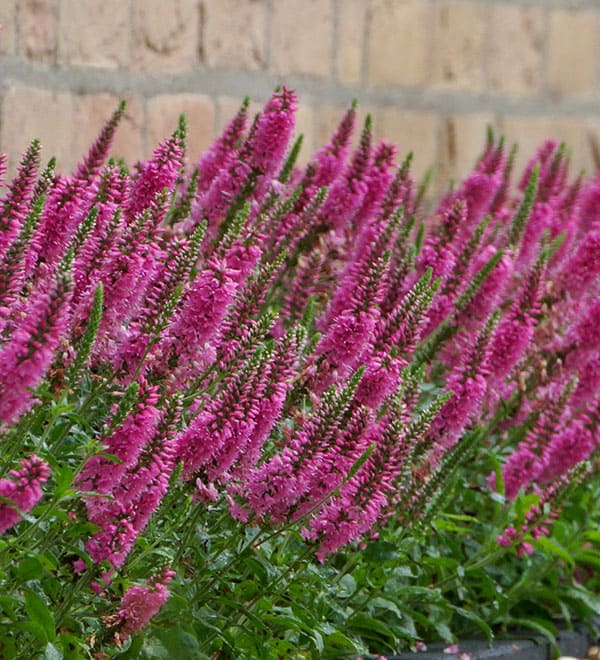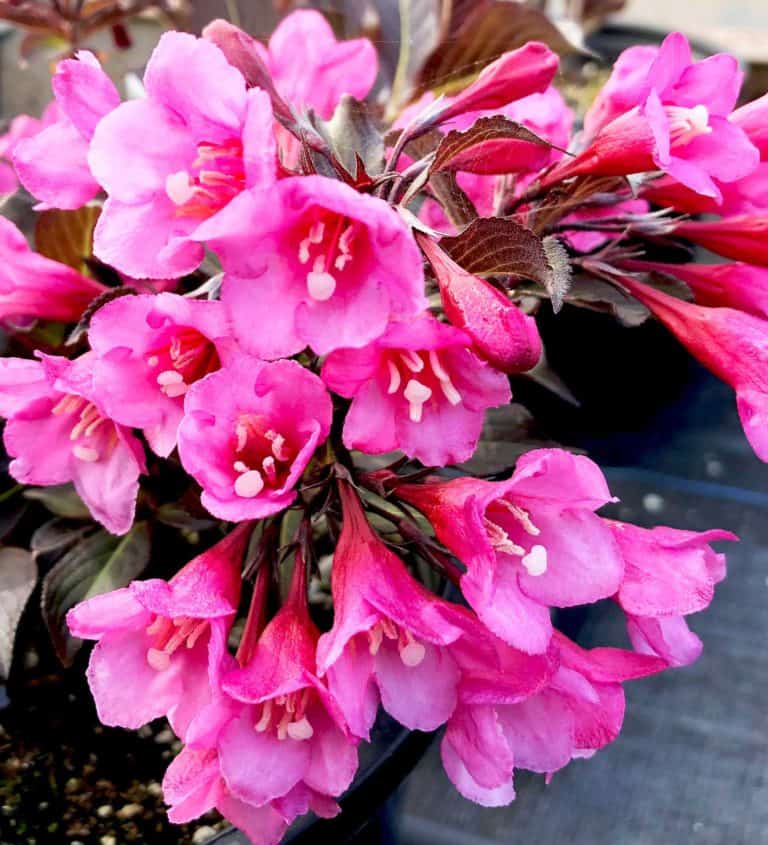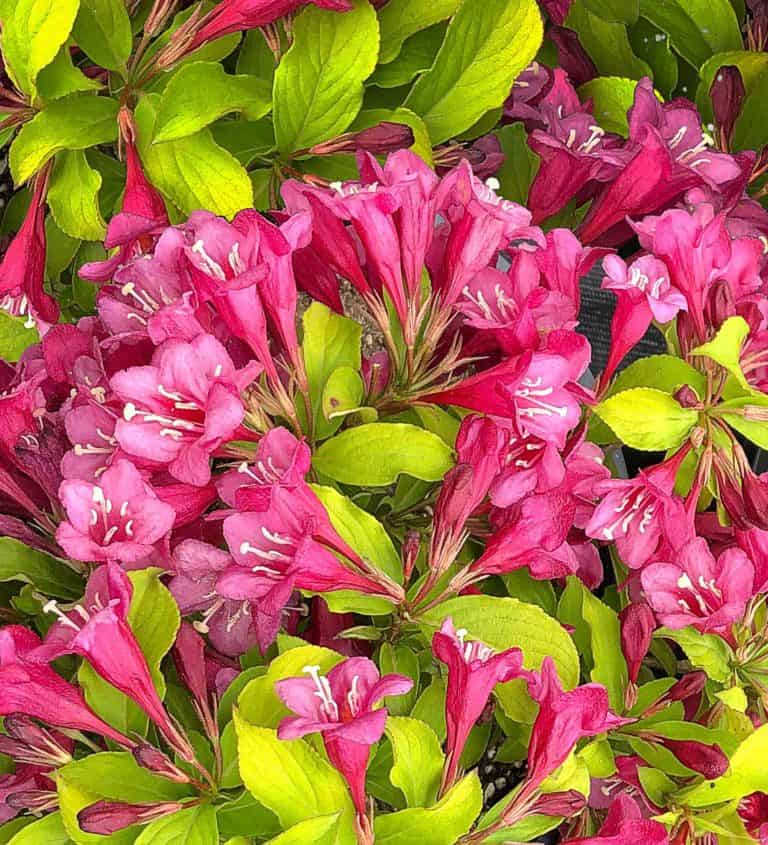Zone 1A
Marked by a short growing season and relatively mild summer temperatures, Zone 1A includes the coldest regions west of the Rockies, excluding Alaska, and a few patches of cold country east of the Great Divide. The mild days and chilly nights during the growing season extend the bloom of summer perennials like columbines and Shasta daisies. If your garden gets reliable snow cover (which insulates plants), you’ll be able to grow perennials listed for some of the milder zones. In years when snow comes late or leaves early, protect plants with a 5- or 6-inch layer of organic mulch. Along with hardy evergreen conifers, tough deciduous trees, and shrubs that form the garden’s backbone, gardeners can plant warm-season vegetables as long as they are short-season varieties. To further assure success, grow vegetables from seedlings you start yourself or buy from a nursery or garden center. Winter lows average in the 0 to 11°F (–18 to –12°C) range; extremes range from –25 to –50°F (–32 to –46°C). The growing season is 50 to 100 days.
Zone 1B
Centered over the plains of Wyoming and Montana, this zone sees January temperatures from 0 to 12°F (–18 to –11°C),with extremes between –30 and –50°F (–34 to –46°C). Zone 1b lies east of the Great Divide, where the continental climate reigns supreme. Arctic cold fronts sweep through 6 to 12 times a year, sometimes dropping temperatures by 30 or 40°F in 24 hours. The summer growing season tends to be warm and generous at 110 to 140 days long; but constant winds—12 miles per hour average, year-round in many places—call for windbreaks and shade trees, like hackberries and cottonwoods, whose leaves are animated by the wind.
With protection, annual vegetables and flowers thrive, as do wind tolerant perennials such as buckwheats, grasses, and penstemons. Where hail is a problem, gardeners favor small-leafed plants; where winters are dry and snow cover light, they compensate with mulch and extra water.

